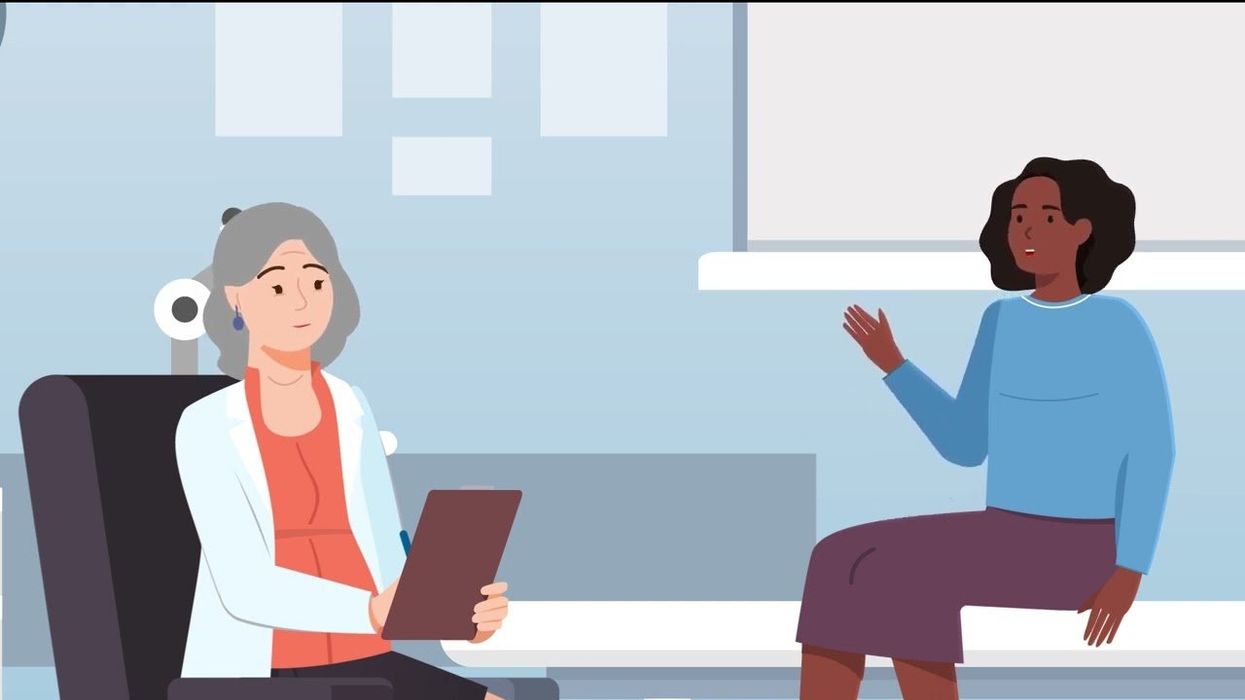This resource was created with support from Alora.
From Your Site Articles
- What You Need to Know About Menopause and Breast Cancer ›
- The 3 Stages of Menopause ›
- True or False: Menopause ›
- Menopause Got You Down? There’s an App For That. ›
- Top 10 Menopause Symptoms ›
Related Articles Around the Web







